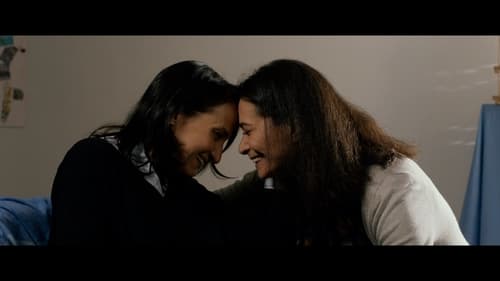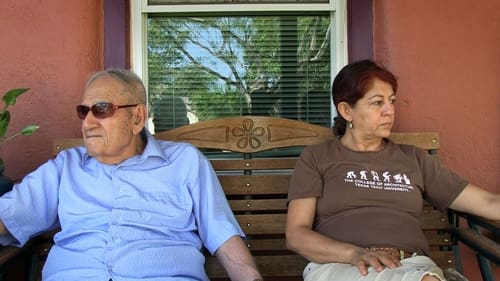
Producer
In a typically mixed Baghdadi neighbourhood in 2006, a community of ordinary people try to live their everyday lives amidst the threat of unpredictable violence. At the heart of these intersecting stories we find Sara, a single mother and novelist, who regains her will to write after witnessing the forced exile of her Christian neighbour and best friend Sabiha. With the news of Saddam Hussein's sudden execution shortly before the New Year, Sara and her neighbours brace themselves for an uncertain future. Yet, like a miracle, each is able to sustain a fragile sense of hope.

Producer
Moving between the playful and the contemplative, explores the meaning of identity and home across three generations of an Iraqi family in Texas.

Executive Producer
Amal is 14 years old when she ends up on Tahrir Square during the Egyptian revolution, after the death of her boyfriend in the Port Said Stadium riot. During the protests, she is beaten by police and dragged across the square by her hair. This coming-of-age film follows her over the years after the revolution. As the film cuts between the unfolding current events and Amal’s rapidly changing life and appearance, we see her searching for her own identity in a country in transition. Amal is fiery and fearless, sinking her teeth into the protests and constantly lecturing her mother, who works as a judge. A girl among men, she also has to fight for respect and the right to take part, both in the street and in the rest of her life. In Egypt, even for a young woman like Amal—her name means "hope"—the choices open to her for her future are limited.

Co-Producer
A young gay filmmaker who shares a Beirut apartment with his mother and pet dog sets about reconstructing his identity by renovating his bedroom. But as the male construction workers come and go in the freshly embattled household, new questions, old arguments and unexpected passions get stirred.

Writer
A remarkable, one-of-a-kind film from Egypt, Whose Country? has a point of view that grows in complexity as it proceeds, alongside the shifting fortunes and affiliations of the Cairo policeman who is the film’s subject and guide. By his side, we witness the fall of Mubarak, the rise and fall of Morsi and the Muslim Brotherhood, and the rise of Abdel Fattah el-Sisi. The level of craft in this film is extraordinary, and so is the close attention that the director pays to his difficult task: illuminating the compromised lives of the protagonist and his friends and the convulsive nation they call home.

Producer
Egyptian Jeanne d’Arc’ is a creative documentary that explores issues of female emancipation in ‘post post-revolutionary’ Egypt. Beginning with the return journey to Cairo of a filmmaker long absent from her own country, the film weaves a series of intimate portraits composed of interviews, poetic voice-over and dance; exploring themes of oppression, guilt and faith with Egyptian women, many of them artists. Reflecting on Carl Theodor Dreyer’s 1928 film ‘The Passion of Joan of Arc’ – in which the female figure is martyred by the patriarchal forces surrounding her – ‘Jeanne’ is a contemporary commentary that melds documentary and dance with poetic storytelling and myth to arrive at the core of the filmmaker’s enquiries into the circumstances of women in Egypt today.





